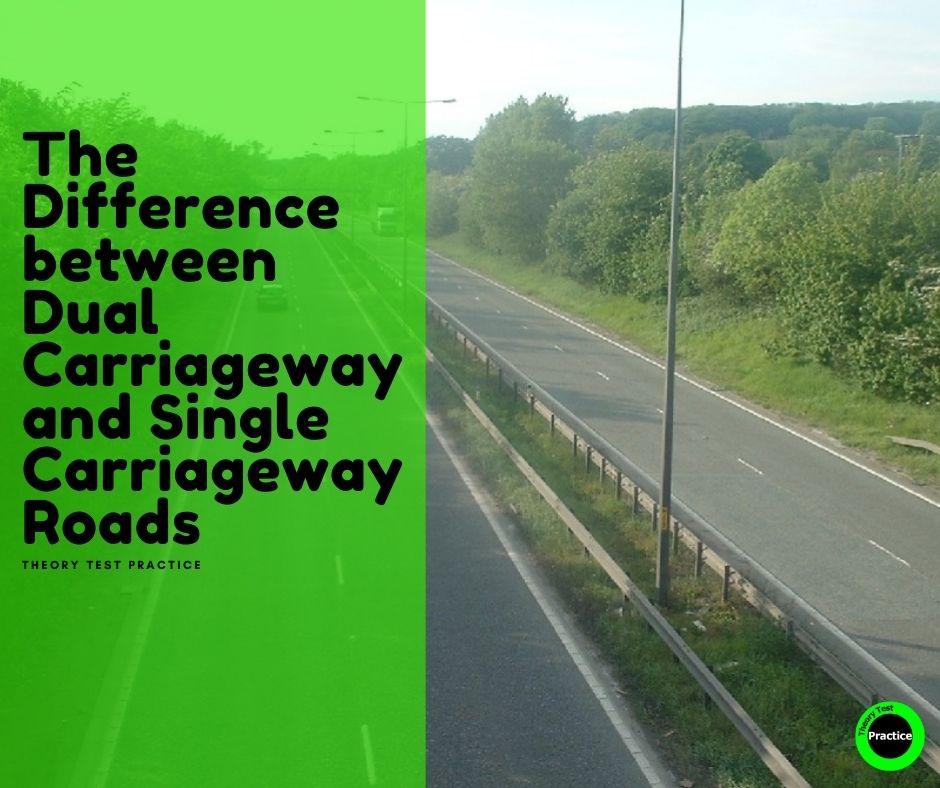Many people get mixed up with understanding what the difference between a dual carriageway road and a single carriageway road is, and this is a question I get asked a lot.
In this blog I’m going to talk about give you an easy way of understanding the difference between the two types of road.
As a driver, it’s important to know and understand the difference between them, so you know what the maximum speed you can drive. You may see a national speed limit sign on both types of road.
The national speed limit on a single carriageway road is 60 mph
The national speed limit on a single carriageway road is 70 mph
Now you can see why it’s so important to understand the difference!
Some people think that single carriageway roads have one lane and dual carriageway roads have two lanes. Although it’s true in a lot of cases it is not always true and this fact does not define whether the road you’re on is a dual or a single carriageway.
Single Carriageway Roads
A single carriageway road can have one or more lanes for traffic going in each direction.
Between the traffic going up the road and traffic going down the road there will be lines painted on the road.
Dual Carriageway Roads
A dual carriageway road can also have one or more lanes for traffic going in each direction.
Between the traffic going up the road and traffic going down the road there will be a central reservation. This means that there is a physical barrier, such as a grass verge, separating the traffic going in each direction. There may be a metal safety barrier in the central reservation.
Therefore, the difference between a single carriageway road and a dual carriageway road is not the number of lanes, it is whether the road has a central reservation or not.
If you want to know how to pass your theory test and be confident that you will pass it on your next attempt, sign up for Theory Test Practise – The Complete Online Revision Resource
